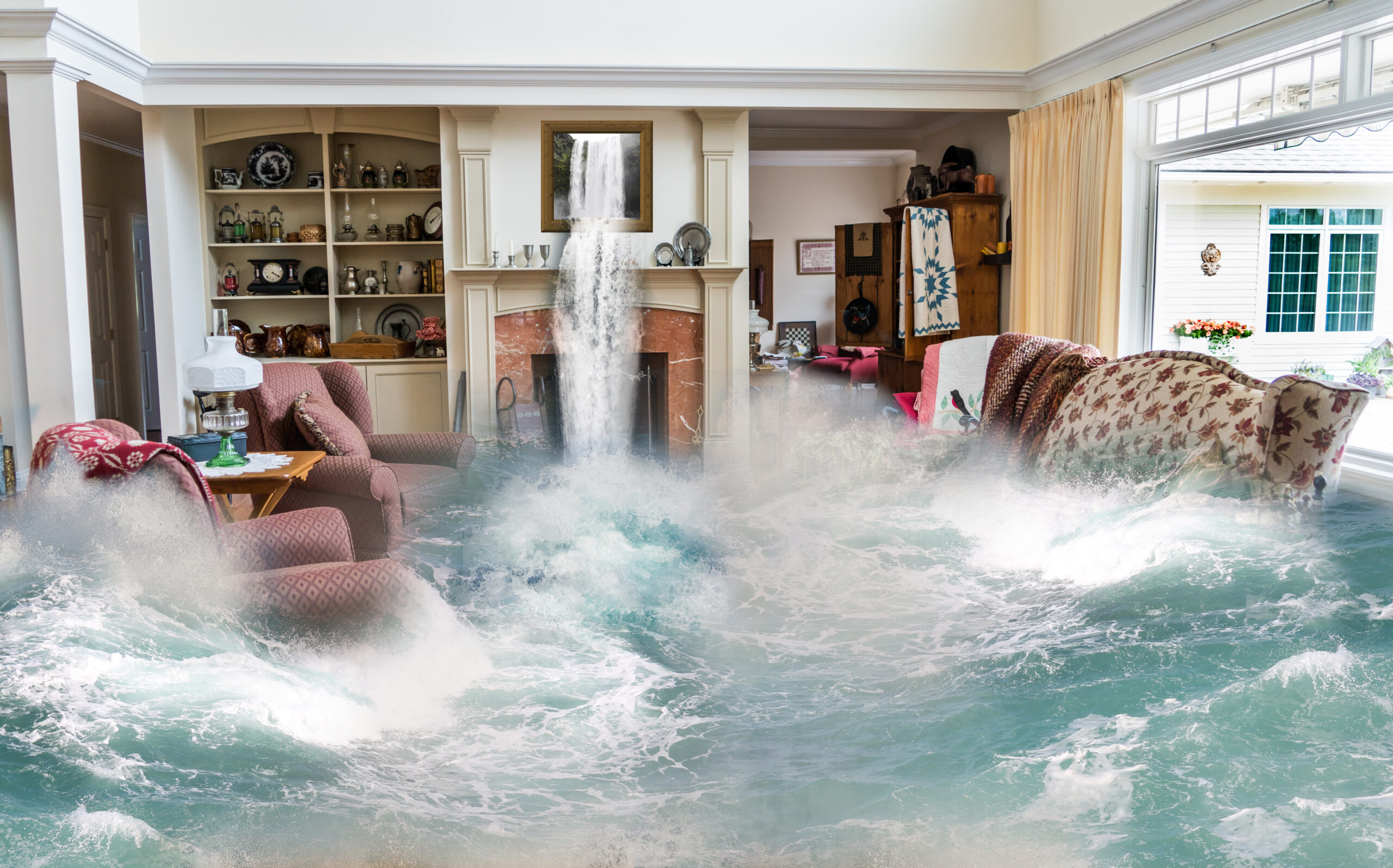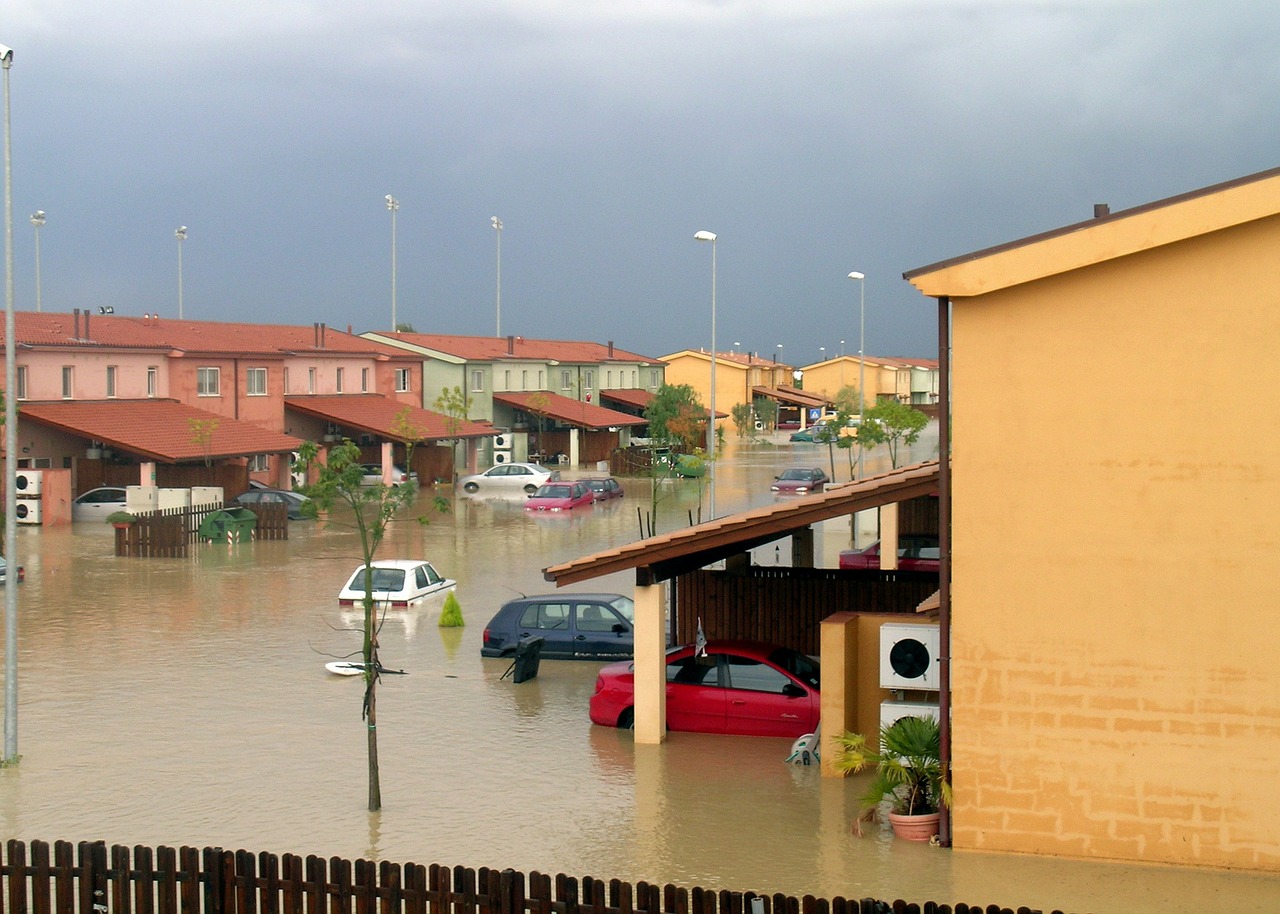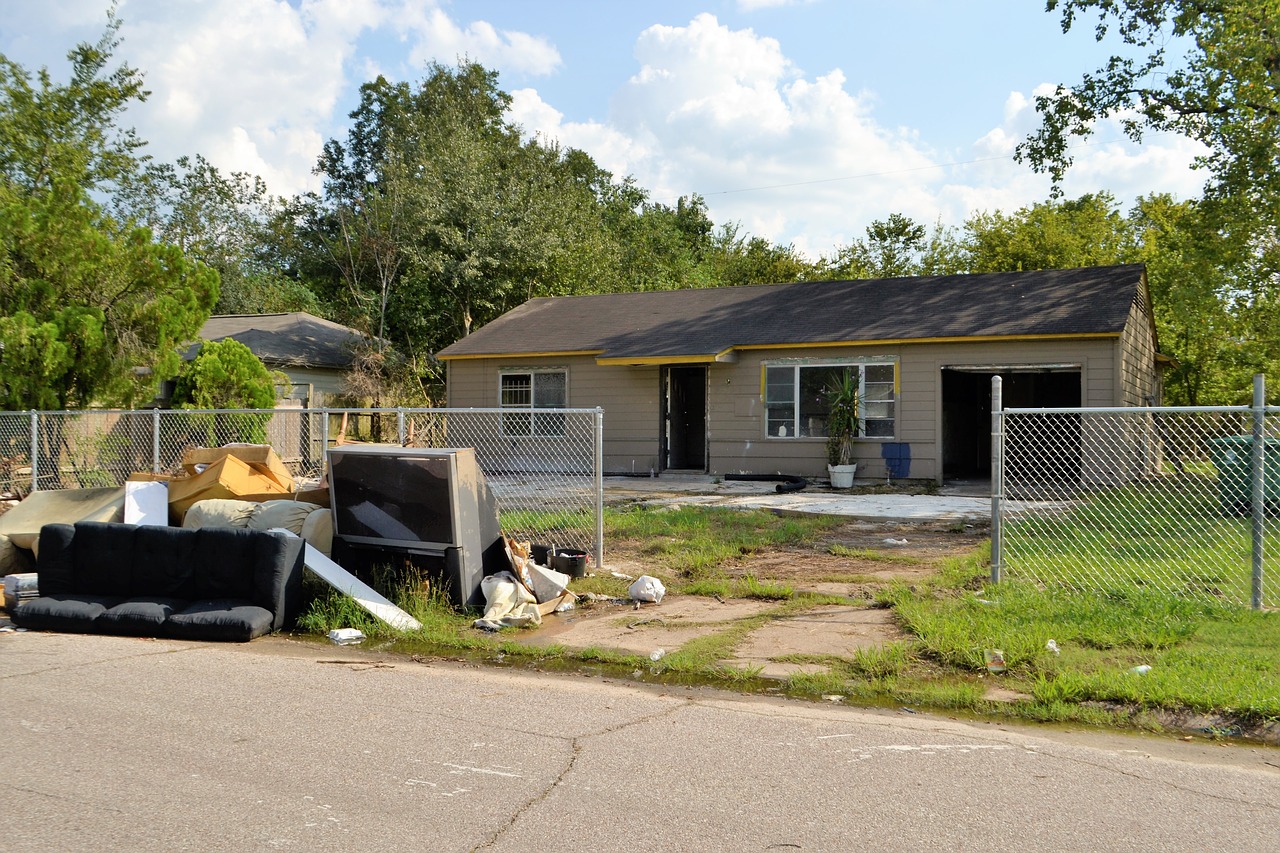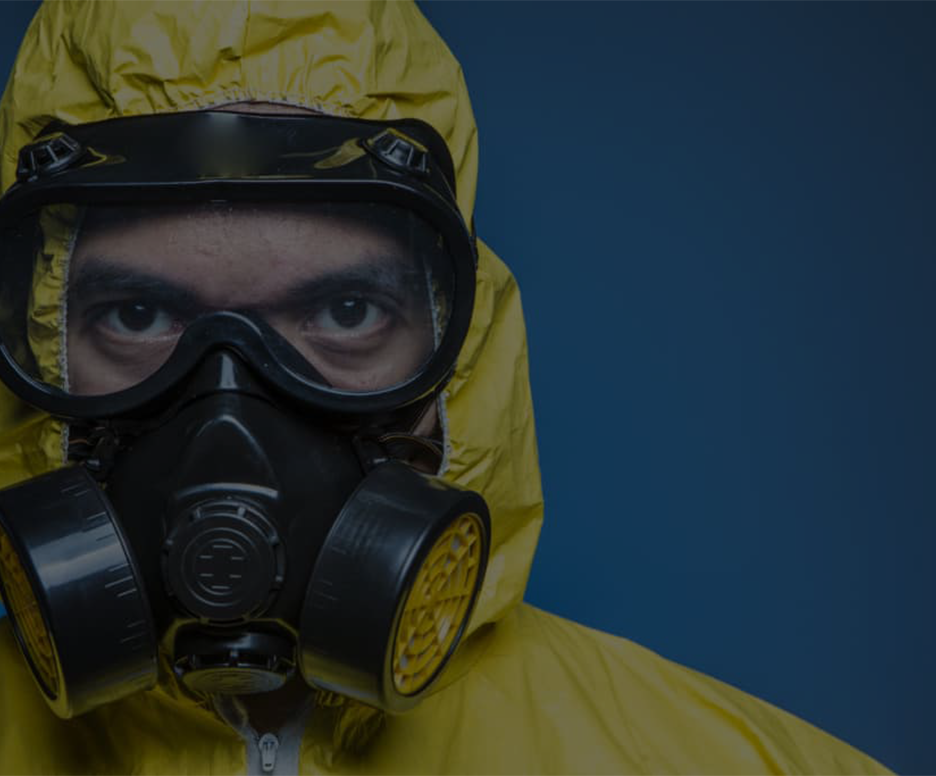
Standing floodwaters may not always seem dangerous. After all they’re just giant puddles, right? The problem is, dangers are lurking below the surface, not to mention flow strength that you can’t always see by looking at it.
Whether you find yourself facing standing floodwater around your property, or you want to be prepared for if it happens, here are some tips on how to stay safe.
Floodwater Surrounding Your Home
Heavy rain can lead to unprecedented levels of standing water. City drainage systems can’t cope with the volume of water, and with nowhere else for it to go, it sits around homes and streets until it can recede.
By looking at floodwaters, it’s hard to tell what’s lurking underneath. It can just look like ordinary water – safe for you to drive through, and even safe for you to wade through.
In reality though, floodwaters can contain any number of hazards, such as human and livestock waste, downed power lines, illness-causing contaminants, and animals like snakes and rodents. Floodwaters can also be hiding potentially dangerous objects like vehicles, debris, and lumber.
And then there’s the harmful waste that’s not immediately obvious. Chemical, radiological, and biological waste, for example, along with coal ash waste with potentially carcinogenic compounds like mercury, arsenic, and chromium.
And these are just hazards outside your home. Within the four walls of your property, there are even more dangers with which to contend.
Standing Floodwater in Your Home
One of the most dangerous things about floodwater in your home and something you can’t see is your power supply. As you likely know, electricity and water are a deadly mix in floodwaters.
As a result, if you’re returning to your home with standing floodwater, it’s crucial to take care of the power supply beforehand.
There can also be risks with gas leaks, perishable foods, contaminated drinking water, and even mold if you cannot dry out your home before it sets in.
One of the best things you can do for your safety and that of your home is to hire a flood restoration expert.
They can help you put together a plan of attack to return your property to pre-flood standards.
Tips on How to Stay Safe in Standing Floodwaters
Unless you have been in a flood before or you’ve done your homework, you may not know how you can keep yourself safe when heavy rain heads your way.
However, the following information may prove useful.
Stay Out of Floodwater
An alarming number of people ignore warnings to stay out of floodwater surrounding their properties, but it’s crucial that you do.
As mentioned above, many dangers can be under the water’s surface that poses a severe risk to your health and wellbeing.
It’s also important not to drive in standing floodwaters, either. Follow warning signs installed in high-risk areas, and follow the National Weather Service’s advice to “turn around, don’t drown.”
Even water that looks safe to drive through may not be. In fact, cars will not protect you from floodwaters and can stall or be swept away.
Wear Protective Clothing
If you have to enter floodwaters for any reason, make sure you protect yourself properly.
Wear rubber boots, rubber gloves, and goggles, and take care not to expose yourself to too much water.
Contaminated floodwaters can lead to wound infections, gastrointestinal illnesses, tetanus, skin rashes, and even, on some occasions, leptospirosis.
If you come into contact with standing floodwaters without protective measures, make sure you wash your exposed areas with soap and clean water.
If you don’t have access to soap and clean water, then alcohol-based wipes or hand sanitizer can be an excellent alternative.
If you injure yourself, then appropriate wound care is essential sooner rather than later. Clean the wound(s) and cover it with a waterproof bandage. If you notice any redness, swelling, fever, oozing, pain, shortness of breath, changes in your heart rate, or confusion, seek medical treatment immediately.
Be Aware of Chemicals
Chemical exposure is a genuine risk associated with floodwater. The more knowledge you have, the better your chances of keeping yourself safe.
Never attempt to move any propane tanks you might discover – whether they are an obstacle or not. They can cause a fire or explosion, especially if they have been rolling around in floodwaters.
However, propane tanks aren’t the only chemical risk. Car batteries can still hold an electrical charge in water, which means they require the utmost care when removing or moving them.
Wear insulated gloves and refrain from touching acid that may have spilled out of any damaged vehicle batteries.
Avoid Your Home’s Hazards
Whether you’re reentering your home for the first time after a flood, or you’ve stayed in the area to keep it safe, don’t forget about the genuine electrical hazards.
If you can’t get to your main power supply from a dry location, contact your power company to do so.
Refrain from entering your home until the power is off.
Even when you believe it’s safe to turn it back on, consult an electrician before you do so.
It’s also crucial to pay close attention to your home’s gas supply. If you suspect a leak or smell gas, open all the windows, turn off the main gas valve, and leave the house.
Notify your local police, fire department, or gas company, and don’t enter your home until told it’s safe to do so.
Be aware that your drinking water may be contaminated and perishable food may now be unsafe for consumption.
Starting the Cleanup
Cleaning up a property that has been damaged by floodwaters can be very overwhelming for the average home or business owner.
When the time comes to start the challenging cleanup process, why not talk to a flood restoration expert?
They can assist with everything from furniture restoration to drying, insurance claim processes, and more.
As stressful as the situation can be, there’s always a team of experts waiting to lend a hand 24/7.



